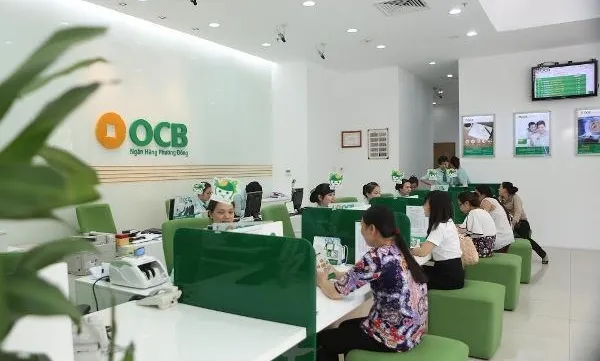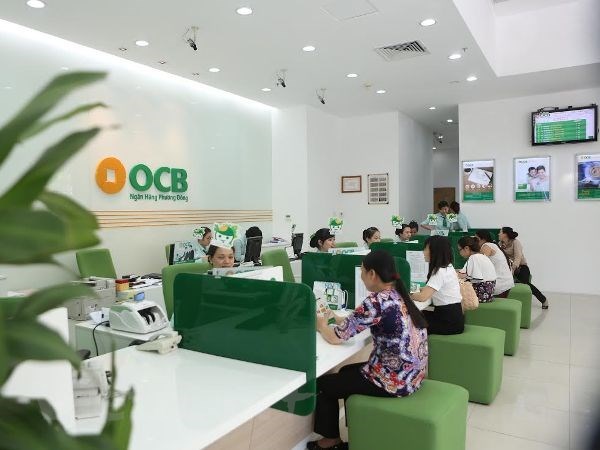Banks short of credit growth quota for remaining months of 2019


HÀ NỘI Though there remains six months, some banks have almost used up the assigned quota for the whole year, and experts said it would be difficult for the banks to get an expansion approval from the State Bank of Việt Nam (SBV).
According to the current legal regulations, the central bank assigns an annual credit growth quota for each bank depending on its health at the beginning of the year to match the 14 per cent growth target set for the entire banking sector.
At Tiên Phong Bank (TPBank), the SBV had set the bank’s quota at 13 per cent for the whole of 2019, but in the first quarter of the year it had already reached some 11 per cent growth.
The Orient Commercial Bank (OCB) also posted a credit growth rate of 8.7 per cent in the first quarter of the year, putting it among banks with the highest credit growth in Q1 2019.
The same trend was also seen at the Vietnam Prosperity Bank, which ended the first quarter with credit growth reaching 6.8 per cent, double the bank’s rate in the same period of last year and triple the 2.28 per cent average rising rate of the entire banking system.
The lending was also high at the Vietnam International Bank (VIB), with a rise of 5.9 per cent to VNĐ100.87 trillion (US$4.33 billion) in the first quarter of 2019.
Sacombank also said by the end of the first quarter, the bank has almost used up the assigned quota for the whole year. The bank’s credit growth in the first quarter rose by 5.61 per cent to VNĐ271.02 trillion in Q1 while its credit growth quota was only 7 per cent in 2019, according to the bank’s chairman Dương Công Minh.
This year, banks said that their assigned average credit growth ratios were ranging from 12 per cent to 14 per cent, such as Bank for Investment and Development (BIDV) at 12 per cent, Military Bank at 14 per cent, Asia Commercial Bank and Saigon-Hanoi Commercial Bank at 13 per cent. However, the rise at some banks was lower, such as VietinBank at only 7 per cent.
With credit contributing a large part to banks’ revenue, some banks expect the central bank would expand the credit growth limit as they have so far met Basel II standards ahead of the 2020 deadline.
However, forecasting on the banks’ ability to get an approval from the central bank for a credit expansion from now until the end of the year, finance and banking expert Cấn Văn Lực said that only banks that operate well, have low non-performing loans, high profits, have a wide network and abundant financial resources might have the opportunity to get to the expansion.
The central bank has so far also said it would pursue a credit growth target of 14 per cent for the entire banking system this year to stabilise the macro economy and meet other goals of the Government.
Though the 2019 credit target is much lower than the 18 per cent average rate of the previous years, international experts have also agreed with the central bank’s move.
“We would view a moderation in loan growth, if sustained, positively, especially in the context that system leverage – as indicated by total bank credit/GDP of 134 per cent at the end of 2018 – is already very high, and significantly higher than the medium for ‘BB’ rated jurisdictions (around 60 per cent),” Jonathan Cornish, Head of Asia-Pacific Financial Institutions at Fitch Ratings, told Việt Nam News.
“It is not unusual among emerging markets for system credit growth to taper off after years of rapid expansion, and it could be positive for the system if the economy can continue to grow at a relatively high pace while reducing its reliance on credit – especially from the banking sector – to support that growth,” Cornish said. - LV
Tags:





